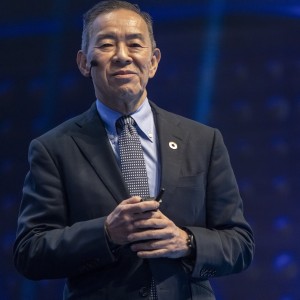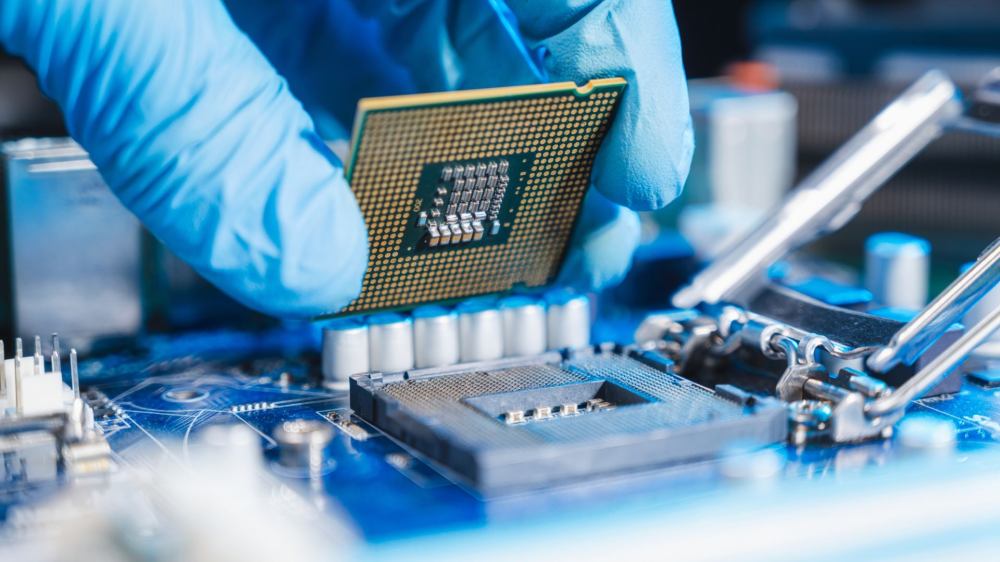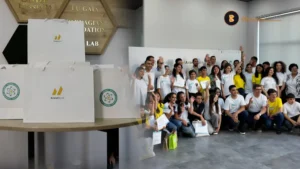Rapidus CEO Atsuyoshi Koike will get a boost from Japan’s CHIPS Act and IBM to start the nation’s sole semiconductor foundry making the world’s most advanced silicon just two years behind industry heavyweight Taiwan Semiconductor Manufacturing Co. (TSMC), he said in an exclusive interview with EE Times in Brussels.
Koike and his team of more than 100 people are taking on the challenge of a lifetime.
Koike is a chip-industry veteran who recently worked for Western Digital and founded Trecenti, a Japanese foundry that didn’t take off, two decades ago. That company failed because it was too closely tethered to chipmaker Hitachi, Koike said.
He hopes his second chance, Rapidus, will realize his dream of creating a foundry that provides fast cycle time for customers.
“My idea is single-wafer processing,” Koike said. “It means the fab does not have any stock, so I can manufacture very precisely to control the cycle time.”

Koike aims to turn the standard practice of processing hundreds of wafers at a time on its head. By extracting data from a single wafer rather than hundreds, Rapidus plans to cut cycle time by eliminating production problems rapidly.
The company will also accelerate output using wafer bonding, a technique that’s just beginning to win industry adoption.
“We can manufacture differently by attaching one wafer to another to shorten cycle time,” Koike said. “That’s kind of a new idea.”
$37 billion needed to begin
Rapidus will need to invest about $37 billion to start production, Koike said. Neither he nor METI’s Nohara disclosed how much the Japanese government will provide in subsidies.
TSMC’s new $8.6 billion chip fab in Japan will receive a METI subsidy accounting for 40% of the cost, according to a Foreign Policy article. Rapidus will get a subsidy from METI worth about $2.5 billion, according to a Reuters report.
Koike said the financial support from the Japanese government may not be as generous as other places like the U.S. and Europe that are implementing their own CHIPS Acts.
“Government support for the semiconductor industry is strong,” Koike said. “I think in Japan, not so good.”
Major Japanese companies like Sony, NTT Communications and a joint venture created by Toyota and Denso will invest in Rapidus, Koike said. He didn’t disclose the size of the investment.
Rapidus plans to do assembly and test, including heterogeneous integration, in its fab. That could also streamline cycle time.
“Japan has so many great equipment and materials companies for the backend,” Koike said. “They are willing to join us.”
IBM affirmed its partnership with Rapidus.
Բաժանորդագրվեք մեր ալիքին Telegram-ում







